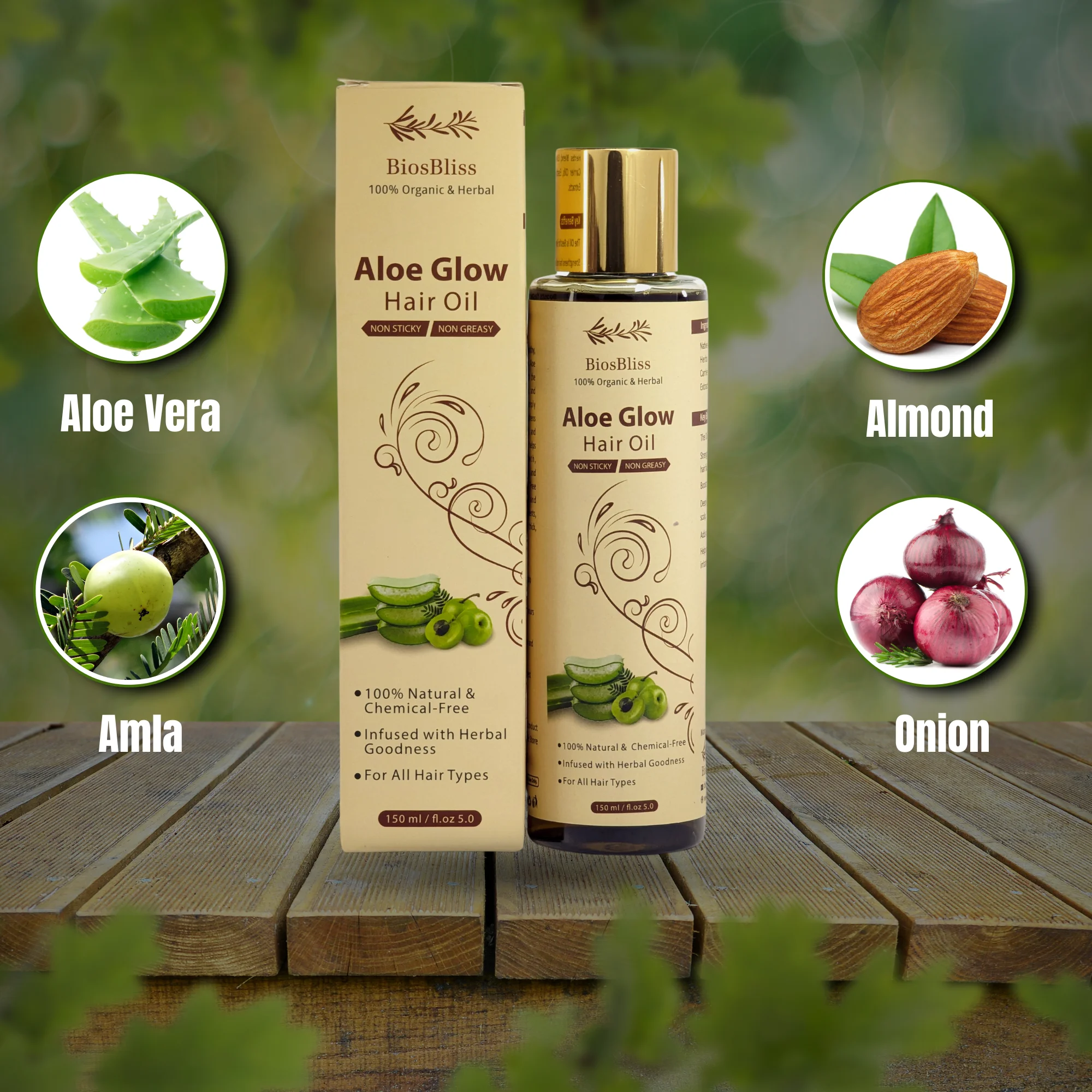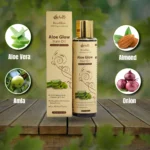:
Contents
Hair oiling is an ancient hair care tradition that has been practiced across cultures for thousands of years. From Ayurveda in India to traditional Chinese medicine and African beauty rituals, the use of natural oils for hair health has stood the test of time. Today, modern science also acknowledges the numerous benefits of hair oiling, especially in protecting, nourishing, and revitalizing hair.
In this article, we’ll explore why hair oiling is essential, the various types of oils, how to use them, and the proven benefits it offers for different hair types and concerns.
Many low-quality personal care products contain parabens, sulfates, phthalates, and artificial fragrances that can harm your body in the long term
�� 1. Understanding the Science Behind Hair Oil
Hair strands are made up of keratin, a protein that gives strength and structure. Daily exposure to pollution, sun, heat, and chemicals can damage the hair shaft, stripping away its natural oils and moisture. Hair oils mimic the scalp’s natural sebum and serve as a protective barrier.
�� How Hair Oils Work:
Seal moisture into the shaft, preventing dryness.
Lubricate the hair to reduce friction and breakage.
Penetrate the cuticle layer to strengthen from within (penetrating oils like coconut oil).
Nourish the scalp, improving follicle health and promoting growth.
�� 2. Top 15 Benefits of Hair Oil
1. �� Promotes Hair Growth
Hair oils rich in nutrients like vitamin E, essential fatty acids, and proteins help stimulate hair follicles. Massaging oils into the scalp increases blood circulation, which nourishes the roots and encourages growth.
Best oils for growth:
Castor oil
Coconut oil
Rosemary essential oil (when diluted)
2. �� Deeply Moisturizes and Hydrates Hair
Dry hair is brittle and prone to split ends. Hair oils hydrate the scalp and shaft, locking in moisture and restoring shine.
Best oils for moisture:
Argan oil
Olive oil
Avocado oil
3. �� Prevents Hair Breakage and Split Ends
By lubricating the shaft, oils reduce friction between strands and prevent mechanical damage from combing or heat styling. This leads to fewer split ends and stronger strands.
4. �� Acts as a Natural Conditioner
Natural oils can replace chemical-laden conditioners. A weekly oiling routine leaves hair soft, manageable, and shiny.
5. ��️ Shields Against Heat and UV Damage
Hair oils form a protective coating around the strand, minimizing the damage caused by heat styling tools and exposure to UV rays or pollution.
Best heat-protecting oils:
Coconut oil
Grapeseed oil
Almond oil
6. ❄️ Reduces Dandruff and Scalp Itchiness
Scalp dryness, fungal infections, and product buildup cause dandruff. Antibacterial and antifungal properties in oils soothe the scalp and reduce flaking.
Best anti-dandruff oils:
Tea tree oil (diluted)
Neem oil
Coconut oil
7. �� Relieves Stress and Enhances Sleep
Head massages with warm oil not only nourish the scalp but also calm the nervous system, reduce cortisol levels, and promote deep relaxation and sleep.
8. �� Strengthens Hair Shaft and Reduces Hair Fall
Oils rich in vitamins A, D, and E help improve hair elasticity and reduce breakage. They also reduce protein loss from the strand, a common cause of hair thinning.
9. �� Improves Scalp Circulation and Follicle Health
The act of massaging oil into the scalp increases oxygen and nutrient flow to hair follicles, making them stronger and more resilient.
10. �� Prevents Premature Graying
Some herbal oils (like bhringraj and amla oil) are traditionally known to prevent premature graying by nourishing melanocytes — the cells responsible for hair pigment.
11. �� Fights Bacterial and Fungal Infections
Antimicrobial oils like neem, tea tree, or eucalyptus oil can treat minor scalp infections and prevent clogged follicles that inhibit growth.
12. �� Reduces Frizz and Enhances Shine
Hair oils smoothen the cuticle layer, which reflects light better, giving hair a silky, frizz-free appearance.
13. �� Enhances Hair Aroma and Wellbeing
Aromatic oils like lavender, sandalwood, or jasmine not only improve hair health but also offer soothing, pleasant scents that enhance your mood.
14. �� Natural Alternative to Chemical Products
Most commercial hair products are loaded with sulfates, parabens, and alcohols. Natural oils offer a toxin-free alternative, reducing long-term damage.
15. �� Boosts Nutrient Absorption from Hair Masks
Using oil before a deep treatment helps prep the hair shaft and enhances the absorption of proteins and vitamins from hair masks or packs.
�� 3. Popular Types of Hair Oils and Their Unique Benefits
Oil Key Benefits
Coconut Oil Penetrates shaft, prevents protein loss, antimicrobial
Castor Oil Boosts hair growth, thickens strands
Olive Oil Deep conditioning, smoothens frizz
Argan Oil Rich in antioxidants, repairs damaged hair
Almond Oil Contains magnesium and vitamin E, reduces breakage
Jojoba Oil Balances sebum, ideal for oily scalp types
Tea Tree Oil Fights dandruff, antifungal and antibacterial
Bhringraj Oil Prevents graying, improves hair thickness
Amla Oil Strengthens follicles, adds natural shine
Neem Oil Antiseptic, treats scalp conditions
�� 4. How to Apply Hair Oil Effectively
Step-by-Step Hair Oiling Routine:
Choose the Right Oil based on your hair type and concerns.
Warm the oil slightly (optional) to enhance penetration.
Massage gently into the scalp using fingertips for 5–10 minutes.
Apply on the hair shaft to coat the lengths.
Leave for 1–8 hours, depending on your preference.
Cover with a towel or shower cap (optional for deep conditioning).
Shampoo thoroughly (you may need to shampoo twice).
Repeat 1–2 times a week for best results.
Note; Choosing the best hair oil for your brother depends on his hair type, scalp condition, and hair goals (like growth, thickness, or dandruff control)
�� 5. Hair Oiling Based on Hair Type
For Dry Hair:
Use thick, deeply moisturizing oils like coconut, olive, or castor oil.
For Oily Hair:
Use lighter oils like argan, jojoba, or tea tree oil (in diluted form).
For Curly Hair:
Apply heavier oils (e.g., avocado, almond) to control frizz and maintain shape.
For Fine or Thin Hair:
Use lighter oils to avoid weighing hair down. Argan oil is ideal.
��♀️ 6. Ayurvedic Approach to Hair Oiling
In Ayurveda, hair oiling (called shiro abhyanga) is a sacred ritual that balances the doshas:
Vata: Dry and brittle hair – use sesame or almond oil.
Pitta: Heat and inflammation – use cooling oils like coconut and brahmi.
Kapha: Oily, heavy hair – use light oils like mustard or neem oil.
These oils are often infused with herbs like:
Bhringraj – for growth
Brahmi – for calming the mind
Amla – for strength and shine
Fenugreek – for reducing hair fall
�� 10. Final Thoughts: Why Hair Oil is a Must-Have
Whether you’re battling hair loss, dryness, dandruff, or just seeking a deeper sense of self-care, hair oiling is a time-tested, effective, and natural solution.
Summary of Key Benefits:
✅ Stimulates growth
✅ Prevents breakage
✅ Nourishes deeply
✅ Fights scalp issues
✅ Enhances shine and softness
✅ Supports holistic well-being
It’s not just about hair — it’s about wellness, tradition, and self-love. ✨


